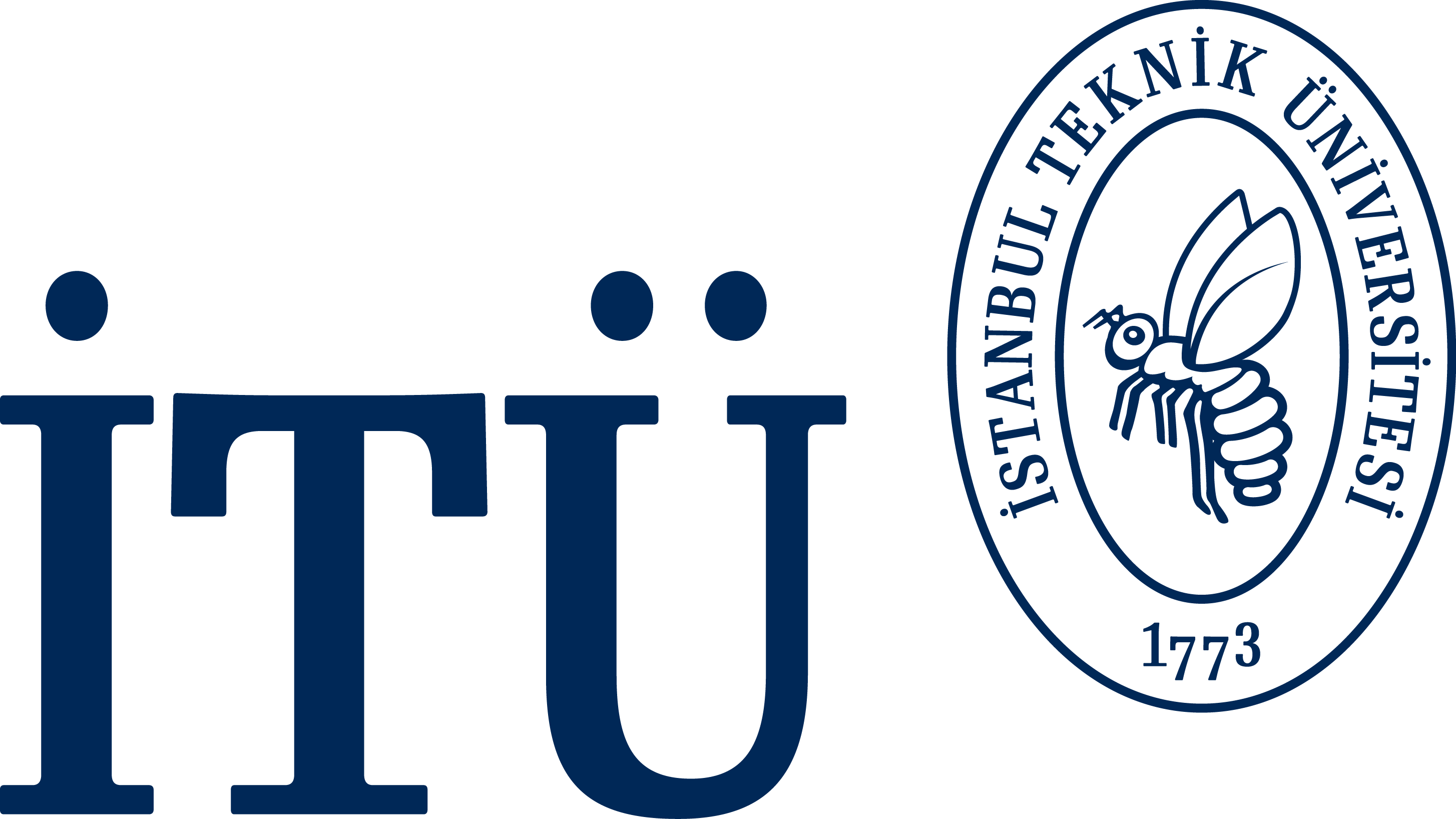
|
DERS PROGRAMI FORMU
|
Son Güncelleme (Last Update)
05.07.2021
|
| Dersin Adı: Matematik I | Course Name: Mathematics I |
| Kod (Code) |
Yarıyıl (Semester) |
Kredi (Local Credits) |
AKTS Kredi (ECTS Credits) |
Ders Uygulaması, Saat/Hafta (Course Implementation, Hours/Week) |
||
| Ders (Theoretical) |
Uygulama (Tutorial) |
Laboratuvar (Laboratory) |
||||
| MAT 187/E | 1 | 5 | 7 | 4 | 2 | 0 |
| Bölüm / Program (Department / Program) |
Matematik / Matematik Mühendisliği
(Mathematics / Mathematical Engineering) |
||
| Dersin Türü (Course Type) |
Zorunlu
(Compulsory) |
Dersin Dili (Course Language) |
Türkçe / İngilizce
(Turkish / English) |
| Dersin Ön Koşulları (Course Prerequisites) |
Yok (None) |
||
| Dersin Mesleki Bileşene Katkısı, % (Course Category by Content, %) |
Temel Bilim ve Matematik (Basic Sciences and Math) |
Temel Mühendislik (Engineering Science) |
Mühendislik / Mimarlık Tasarım (Engineering / Architecture Design) |
Genel Eğitim (General Education) |
| 100 | - | - | - |
| Dersin Tanımı (Course Description) |
Tek Değişkenli Fonksiyonlar, Limit ve Süreklilik, Türev, Türevin Uygulamaları, Eğri Çizimi, Asimptotlar, Integral, İntegral Hesabının Temel Teoremi, İntegralin Uygulamaları, Transandan Fonksiyonlar, İntegral Teknikleri, Belirsizlik Şekilleri, L’Hopital Kuralı, Genelleştirilmiş İntegraller |
| Functions of a Single Variable, Limits and Continuity, Derivatives, Applications of Derivatives, Sketching Graphs of Functions, Asymptotes, Integration, Fundamental Theorem of Calculus, Applications of Integrals, Transcendental Functions, Techniques of Integration, Indeterminate Forms, L’Hopital’s Rule, Improper Integrals | |
| Dersin Amacı (Course Objectives) |
|
|
|
| Dersin Öğrenme Çıktıları (Course Learning Outcomes) |
Bu dersi tamamlayan öğrenciler aşağıdaki becerileri elde eder:
|
Students completing this course will be able to:
|